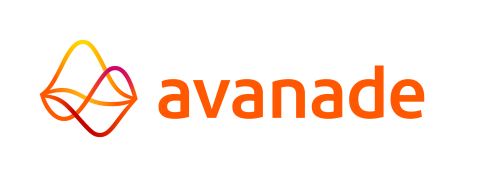Overpunch Encoding
This page lists the possible sign encodings if overpunch is used in numerics. The sign encoding used must be set application wide with the Application Option Numeric Sign Encoding.
New and upgraded applications have the Numeric Sign Encoding option set to Not Set by default and need to be changed to another setting before generating the application.
If this parameter is present in the Generation Set of an upgraded Application, the set type should be migrated to the Application Options and the parameter removed from the Generation Set. For example: if the parameter NUMERIC-CODING=ANSI is present in the Generation Set, this line should be removed and the Application Numeric Sign Encoding option needs to be set to COBOL ANSI.
| Generation |
|---|
| If the option Numeric Sign Encoding is set to Not set, the generator
does not generate the application, nor any of its objects. |
Available Sign Encodings are listed in the table below.
| Application Option Type of Numeric Sign Encoding |
Generation Set NUMERIC-CODING type (Legacy) |
Sign Encoding Digits 0, 1 - 9 |
| LION | LION |
|
| COBOL ANSI | ANSI |
|
| Mainframe | EBCDIC |
|
| Unix | UNIX |
|
| Custom | N/A | As defined in the Sys.ini file (see below). |
Custom Sign Encoding
Custom Sign Encoding needs to be defined in the Sys.ini file by using the following syntax:
CUSTOMSIGNENCODING=<SignEncoding>
Where <SignEncoding> needs to be a string of 20 unique characters corresponding with the sign encoding digits for -9 to -0 followed by +0 to +9. For example:
CUSTOMSIGNENCODING=RQPONMLKJ}{ABCDEFGHI
The custom sign encoding in this example uses the same characters as the EBCDIC numeric sign encoding type.
